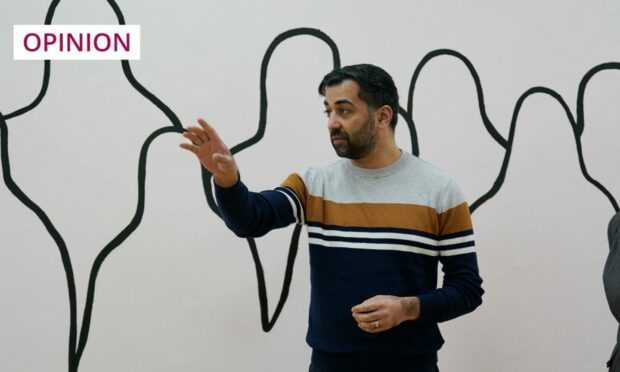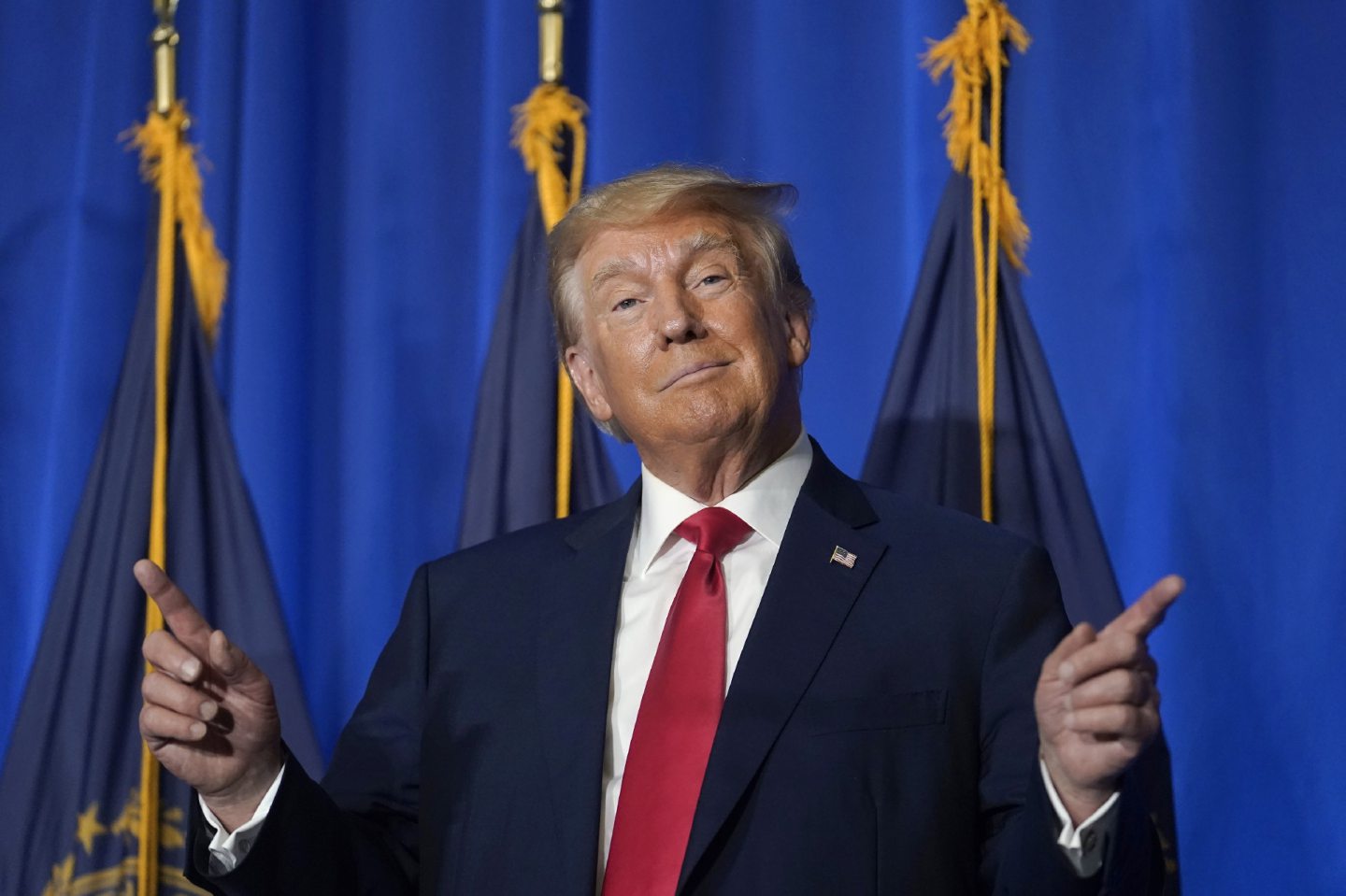Who is Humza Yousaf speaking to? This is a question that can be posed in a number of ways and have a number of answers.
The first minister effectively kicked off the SNP’s 2024 general election push on Monday with a speech on Scotland’s prospects. Not its prospects under devolution – which governs our daily lives and our foreseeable future – but how those prospects might be transformed by independence.
It is hard to suppress a groan at this latest strategy, and at the latest bribe. According to Yousaf, in a separate Scotland, the average household could be more than £10,000 better off. The evidence for this is the standard of living in small, independent countries such as Denmark, Ireland and Finland, when compared to that in the UK.
I’m old enough to remember various SNP reports, research and papers over the past few decades that have made much the same prediction, although the figure used has varied wildly. It might be £2,000, or £5,000. And, if that’s not enough, here’s £10,000 – or, to be more specific, £10,200.
It’s certainly a head-turner. We could all do with the money. And it’s understandable that the Nats – who, after all, exist to break up Britain – remain obsessed with that goal and prosecuting its achievement. We’re told this is only the latest in the “independence papers” series, which indicates where the SNP will focus in the months ahead.
But to whom is Yousaf speaking? Those who are already convinced of the merits of independence? Plenty of them seem to be wavering, disillusioned by the lack of progress made over the past decade, and unhappy with the performance of the SNP government amid its various scandals.
Some of them are looking with some sympathy towards Labour, some to the Greens or Alba as alternative pro-indy vehicles, and some appear to have given up the ghost for now. Maybe a few will find the super new £10,000 boast enough to rekindle their passions. Or maybe not.
Most would prefer a politics with the heat taken out of it
Is the first minister speaking to ordinary, non-partisan voters, who are looking to the forthcoming general election with the hope of change at Westminster? Is this what these people are looking to hear as they decide how to cast their vote – that in some unknowable, mystical future, which at present has little chance of coming into being, everything would be just dandy?
Or are they looking at the parlous state of the NHS, the now highly-evidenced decline of our school system, and our lumpen, low-growth economy and wondering why neither of Scotland’s two governments – the Tories and the SNP – have managed to make a better fist of things?
I do wonder whether the electorate, faced with a looming trip to the ballot box in 2024 and another in 2026, might prefer an approach that is less ostensibly thrilling, with fewer zeroes attached, and that is focused more on the mundane but essential business of our politicians improving what’s in front of them and already within their control. No one thinks it’s easy, but that’s the job – and it’s certainly what the SNP’s main opponent, Scottish Labour, wants to talk about.
Having lived through a draining decade of ideologically driven politicians promising the earth if we voted for Brexit or independence, as the country has slowly been allowed to rot beneath the rhetoric, my instinct is that a growing number of us would prefer a politics with the heat taken out of it.
Admittedly, in a general election year, and with Donald Trump taking another run at the White House in November, we’ll be lucky to get it. But, after so many years of dead cats being tossed on the table, of deliberate distraction and the pursuit of grand schemes over the nuts and bolts of government, there is surely an exhaustion and cynicism creeping in.
Enough of these inflated promises and crystal-ball boasts and the insistence that if we just blow everything up then all will inevitably be better.
No more utopian diversions
It doesn’t take independence to get to grips with an NHS recruitment and retention crisis, or to design an education system that gets the best from our children rather than abandoning them to the mediocrity of low expectations. Rolling the dice on our economic future – our attractiveness to inward investment, our ability to fund ourselves from global markets – is neither convincing nor appealing.
Politics and government done well is almost always about slow and incremental improvement, about managing setbacks and dealing with events. We have existed for too long in an unreal atmosphere of utopian diversions.
What are Yousaf’s advisers telling him about the message he should be sending out and how to seem relevant and effective?
It’s impossible for the SNP to abandon its central purpose, and none of us expect it to. But to whom is Humza Yousaf speaking? What are his advisers telling him about the message he should be sending out and how to seem relevant and effective?
When I interviewed him late last year, I was given the impression that he was preparing to dial back at least a bit on the independence stuff, having recognised that voters’ priorities currently lie elsewhere. “People are genuinely asking questions around our credibility on delivery,” he told me. “I want to make sure that we reduce, no, eliminate, frankly, that credibility gap that might exist.”
I thought then that this showed he got it. Sadly, speeches like the one given on Monday suggest quite the opposite. And, if no one is listening, what’s the point in speaking at all?
Chris Deerin is a leading journalist and commentator who heads independent, non-party think tank, Reform Scotland



Conversation